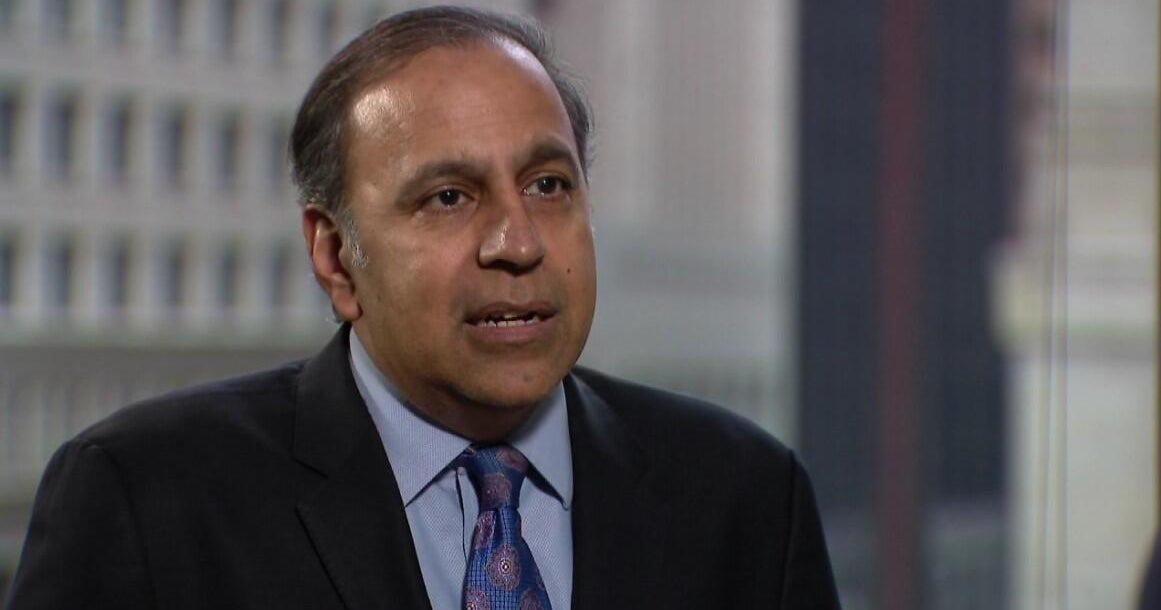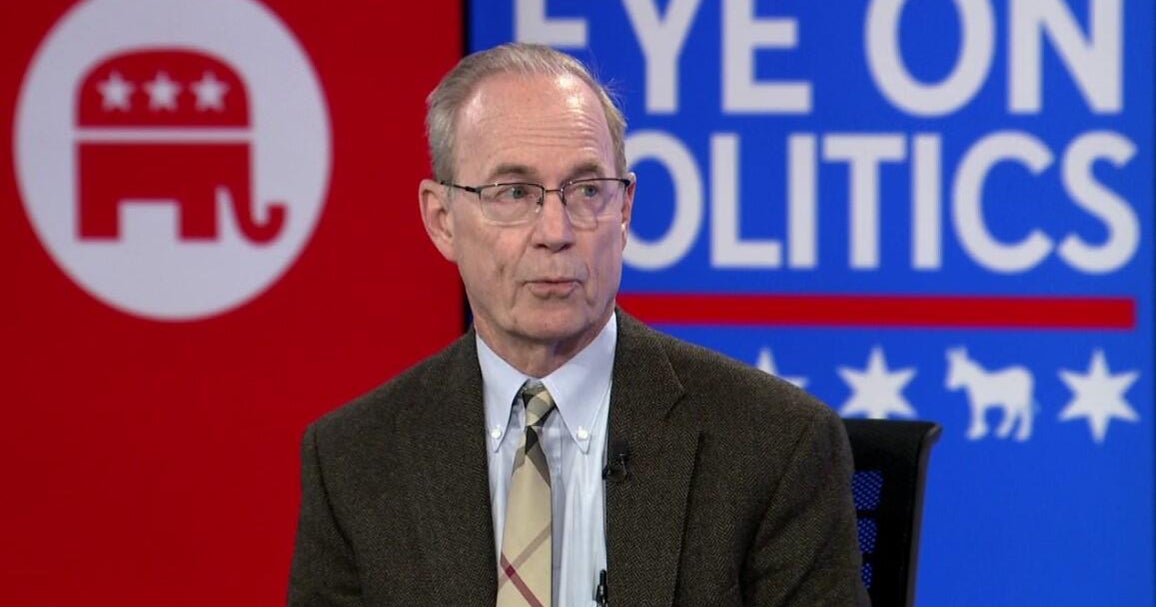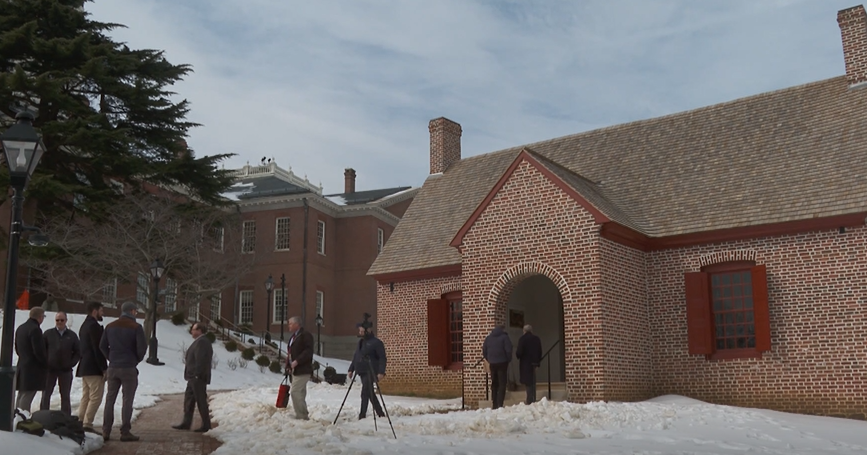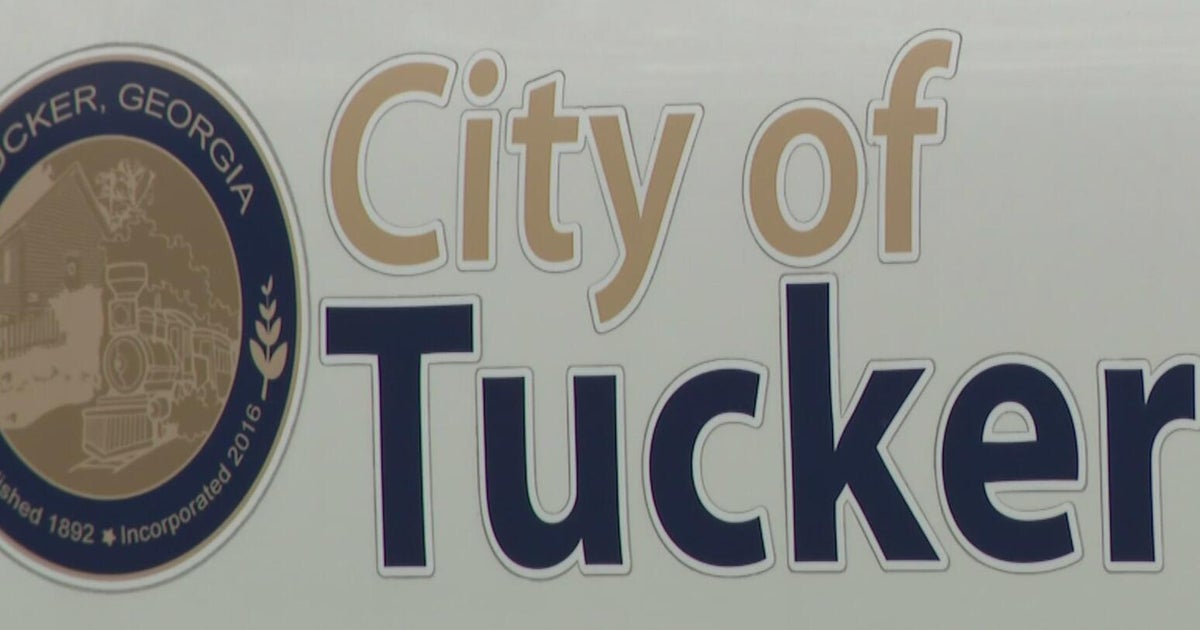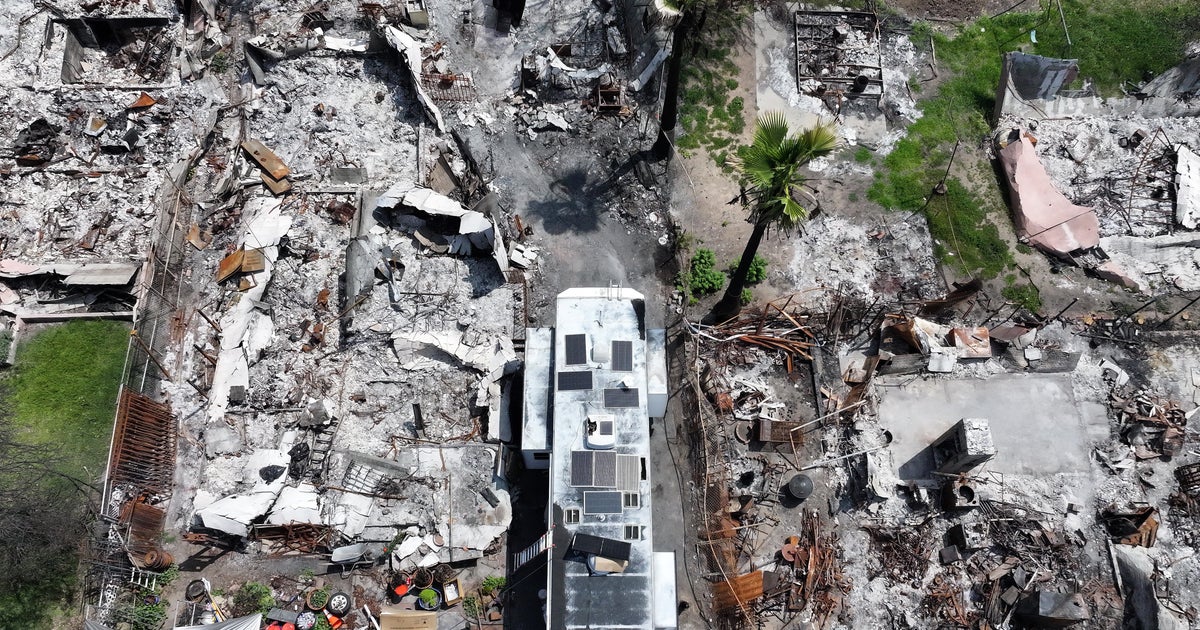State Worker Denied Leave To Complete Career Advancement Program
CHICAGO (CBS) -- A state worker and military veteran have put in the work to be promoted through a career advancement program, but that same program is blocking him from graduating.
Every day, Darrell Coleman walks out of his nondescript office building, after hours inside processing people in need. The Illinois Department of Human Services caseworker loves to help others, which is why at an age many dream of retirement, the 60-year-old is back at school.
"I've gained a lot of knowledge that I did not know in terms of the social work," he said. "It gives me different options."
It's possible thanks to a state program called "Upward Mobility."
Up next for Coleman was an internship opportunity at the Jesse Brown Veterans Affairs Medical Center.
"That was something I really got excited about," Coleman said.
He's a military man himself, with 32 years of service that might be culminating in the most ironic battle of his life.
The internship is mandatory, but the state isn't allowing him to take a leave of absence to complete it.
Coleman received permission for six months of unpaid leave, after going through three levels of approval months in advance. But 16 days before his VA internship, he received a denial from an administrator in Springfield.
The response to his frantic follow-up emails cited "excessive backlog" and "attrition/turnover."
Coleman said he was told, "if we let you go, that means that we're not going to be able to cover the amount of people that are coming in to apply for benefits."
"That is not my problem, that is a state problem," Coleman said.
Coleman's first day as an intern came and went, but he couldn't go. His late-in-life quest to move up the ladder at work came to a standstill.
"I do not understand how a state can have a program that is supposed to help employees to advance, and to get promotions, but at the same time you will deny your own program?" he said.
The VA told Coleman on Friday they can't hold an internship spot for him, now that it's already two months past his start date.
A Department of Human Services spokesperson admitted the agency is dealing with a staffing shortage:
"We value continuing education for our staff and encourage our caseworkers to use the Upward Mobility Program to secure the positions they desire. In fact, Mr. Coleman used the Upward Mobility Program to find his current position as an IDHS caseworker. However, IDHS is facing a staffing shortage at our local offices that manage medical, food and cash assistance for low-income families. At this point in time the agency cannot allow a 6-month leave for a critical caseworker position which would not be able to be filled in his absence.
IDHS strives to serve our low-income families across the state while also providing opportunities for our staff to advance their careers. It's a priority of the administration to increase staffing, especially in our local offices, and we hope to be able to provide more continuing education opportunities for our employees once we've replenished our caseworker positions that we depend on so greatly."
The Department of Central Management Services, which operates the Upward Mobility Program, said it serves 4,435 state workers seeking career advancement, and offers paid tuition and paid time off for continuing education programs.
"Participating agencies also maintain the flexibility to determine if current staffing demands permit long leaves of absences by employees. It is a collaborative partnership that first must ensure the operational and resource requirements of a state agency," the department stated.
Governors State University, where Coleman is a student, said it could not comment on his situation, due to federal privacy laws.
"We are very familiar with the challenging nature of our professional education and training programs, and work hard every day and with every student to insure that they have access to appropriate practical experiences, and are well-prepared for hands-on work with consumers," the university added.
